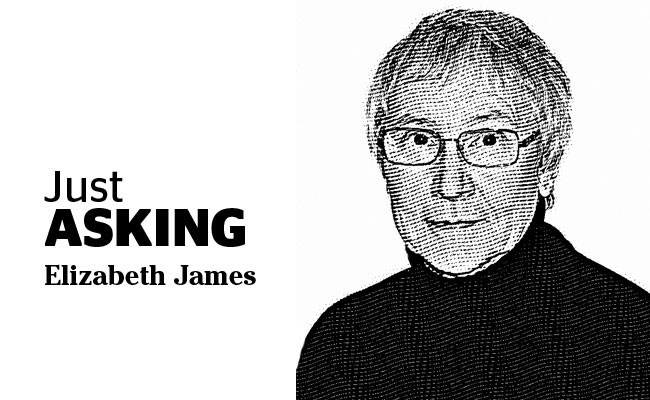“When, out of the blue, an unknown realtor appears on your doorstep offering a shockingly big cheque for your property, no strings attached, think twice about your apparent good fortune and have a lawyer review the proposed contract. Even better, tell the realtor to get lost.”
– David Marley, Feb. 7, 2016 email
Until 10:23 p.m., Feb. 7 had been an unusually quiet day. That all ended when David Marley, a West Vancouver former lawyer turned community advocate, forwarded to me an article by Globe and Mail investigative journalist Kathy Tomlinson, on the real-estate technique known as “shadow flipping.”
At that point, I sensed something unusual was about to happen. The outrage that erupted across Metro Vancouver within hours of it hitting the streets was both encouraging and effective.
As word of the article spread, readers unwittingly began to stand together. With one voice, they told the Real Estate Council of B.C. and the Real Estate Board of Greater Vancouver they’d had enough of being gamed out of their homes and communities by rapacious and unscrupulous real-estate deals. With one voice they told provincial and local governments they wanted existing real property legislation strengthened and enforced.
The effect was immediate and so effective, it overcame the predictable finger-pointing that began as all involved, including Premier Christy Clark, battened down the hatches and tried to offload responsibility onto one another.
Some Realtors who called CKNW anonymously went so far as to say, “Deals like this give the whole industry a bad name.” More telling for me was that one North Shore Realtor I contacted declined comment except to say the agents in his/her office had been told their head office would be issuing an official statement on their behalf.
The community uproar was music to my ears. At last, people were coming to the realization that if they are to achieve political action that matters, individuals cannot be left to fight alone one issue at a time.
Instead, as the Metro Vancouver Alliance has intimated about affordable housing, people need to stand together to achieve lasting solutions. The same applies to any other societal issue that may adversely affect us – whether it concerns our pocketbooks, education, lands, parks, farms or offshore waters.
For far too long, small percentages of voters have elected candidates to office and then sat silent as governments decided everyone’s fate for good or ill. It has become commonplace to hear inaction excused by, “What can you do, politicians are all the same.”
Well, today we have discovered there is one heck of a lot we can do – and it does not always mean having to say “No!”
As I hoped when I read it, Tomlinson’s exposé has ignited an encouraging revolt about not just the gaming of an overheated real-estate market, but about deficiencies in our regulatory systems that should have been fixed years ago.
Assuming momentum can be sustained, the provincial government may just take immediate and substantive action – if only because it has been losing out on property transfer taxes not paid during the hidden “assign and flip” sales.
We don’t need to hear the premier telling Global TV that the Real Estate Council will be investigating because “that’s their job.” People know that already and, thanks to Ms. Tomlinson, they now have it confirmed that, to date, Realtors who have flouted the rules and tax laws have received little more by way of punishment than a few weeks’ vacation.
You have to question why honest Realtors have not banded together before now to demand action be taken against alleged lawbreakers who have gamed the system, caused prices to skyrocket and given their industry a bad name.
Realtors are not alone, though.
Easy for me to say, but clients who complain they relied on their Realtor and didn’t understand the risk some assignment clauses can pose when included in a standard contract of purchase and sale really should have sought additional advice before signing on the dotted line.
Based in law, sections 8 and 9 of the Realtor Code of the Canadian Real Estate Association state: “A Realtor shall not buy or sell, or attempt to buy or sell an interest in property either directly or indirectly for himself, herself, or any member of his or her immediate family or any entity in which the Realtor has a financial interest, without making (his or her) position known to the buyer or seller in writing.”
So whether or not an assignment clause is inserted into a contract of purchase and sale of a property in British Columbia, if a Realtor is ethical and obeying the code – and the legislation – the vendor and/or buyer should be made fully aware the property was going through one or more flips.
To date, the real-estate industry in B.C. has been self-regulated. If it is not performing the investigations required, or is too lenient on the miscreants it actually finds, it is time for the provincial government to step in and take over.
After 16 years with the multi-disciplinary Perinatal Programme of B.C. and later in various endeavours in the growing high-tech industry, Elizabeth James now connects the dots every second Wednesday on local, regional and provincial issues. She can be reached via email at [email protected].
What are your thoughts? Send us a letter via email by clicking here or post a comment below.



